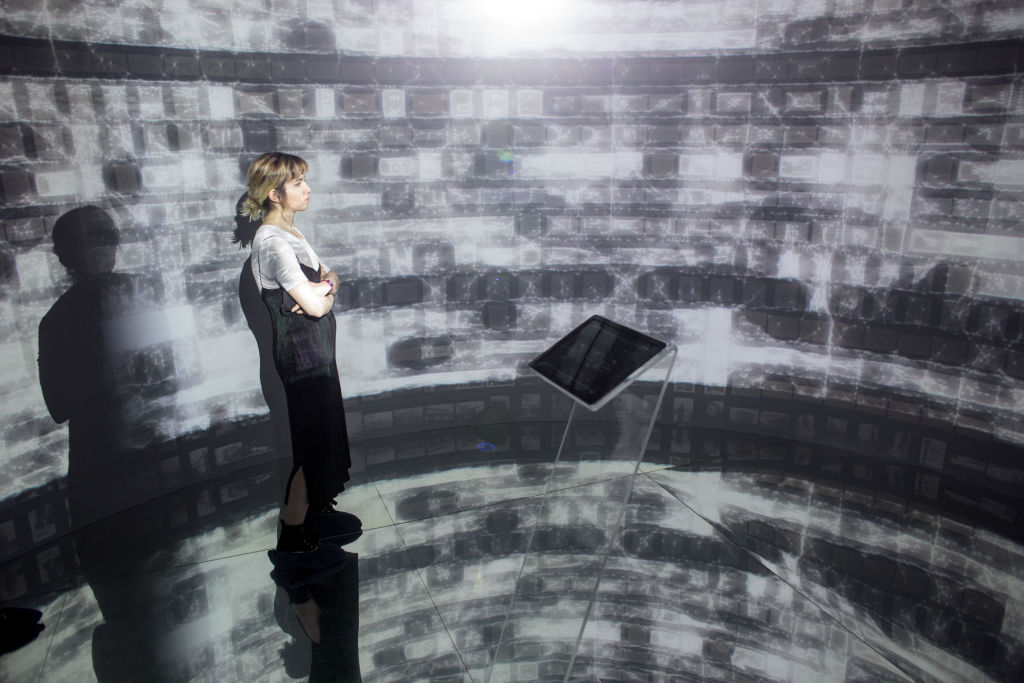Enough with AI’s ‘godfathers’, may 2024 be the year we celebrate its godmothers too
Women in AI must be platformed if we want the tech to truly represent society - may 2024 be the year of the AI godmother, writes Kriti Sharma.


Women in artificial intelligence must be platformed if we want the tech to truly represent society – may 2024 be the year of the AI godmother, writes Kriti Sharma
The International Day of Women and Girls in Science took place last Sunday, a United Nations initiative to highlight the lack of gender equality in science, technology, engineering and mathematics (STEM) fields. This inequality is reflected in the UK where women make up just 27 per cent of STEM graduates and 26 per cent of the respective workforce.
As a self-confessed geek and technology enthusiast currently leveraging artificial intelligence to transform legal work, I know what it’s like to feel your gender is a barrier to success. When coding, I used to hide my gender with a cartoon to gain more acceptance of my code – and I have two computer science degrees!
However, things are changing – and change they must. If we want AI to be representative of all the different people it serves, then it must be built, trained and applied by a diverse range of people. A lack of diversity in the industry will ultimately undermine its potential for benefitting as many people in society as possible.
AI is opening up traditional career pathways, creating a fresh opportunity to welcome more women into the tech sector. To capitalise on this, female role models will be crucial. It is fortunate, then, that 2024 will hopefully be the year that the “godmothers” of AI will emerge, helping to balance the debate on the technology’s risks and opportunities, and help drive the creation of ethical AI tools free of bias.
While Dr Fei-Fei Li, professor of computer science at Stanford University, has rightly been called the “godmother” of AI, there are many more who are deserving of the moniker including pioneering women here in the UK. Dame Wendy Hall, for example, co-chaired the UK government’s AI Review in 2017 and was appointed the first UK AI Skills Champion a year later, while also serving on the UN’s AI advisory body. CEO of AI Governance, Sue Turner, OBE, supports boards in using AI and data for profit and social impact, ensuring all kinds of communities benefit from the technology, while Londoner Toju Duke advises companies on responsible AI and founded Diverse AI to champion underrepresented groups.
But what exactly does it mean to be a “godmother” of AI? From my perspective, I’d like to see more women pioneering not just the creation of AI but also its application and how it can drive social change. In the legal sector, where I’m focused, AI has the potential to make legal tools more easily available, which in turn would not only ease pressures on an overburdened court system but would also help underserved communities gain access to justice. This would mark an extension from the “Godfathers” of AI who have tended to focus on scientific and academic breakthroughs.
Thankfully, the next generation of technologists don’t have to have technical backgrounds like mine or a passion for coding. Skills like emotional intelligence, critical thinking and creativity are all vital to applying AI for good.
With more women working in technology and AI – both “godmothers” and graduates – we will all benefit from a more diverse set of people developing and applying the systems that are changing the way we live and work, opening up new possibilities to drive not only commercial results but also social change.


